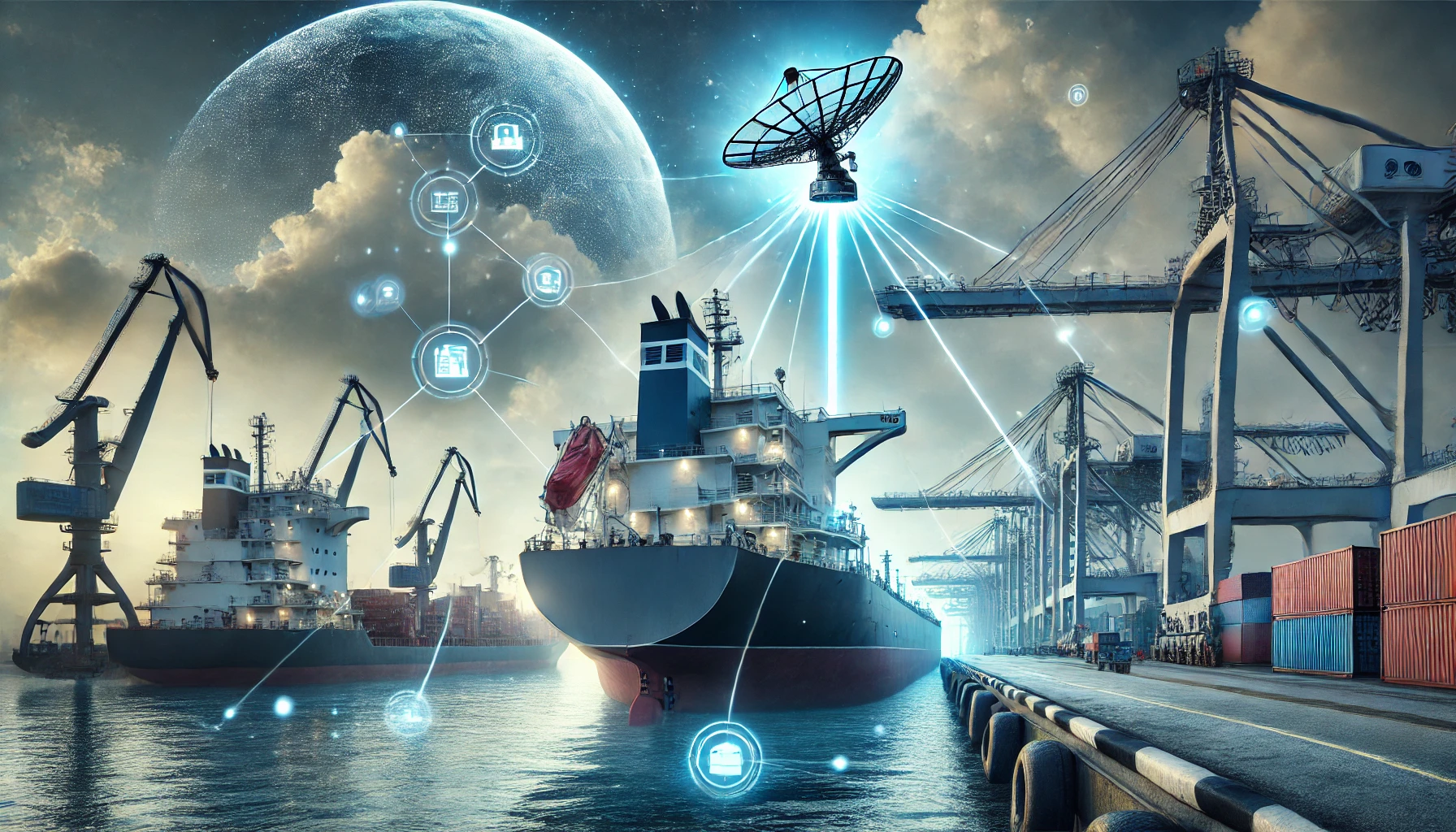This Week in Maritime Safety & Environment: Key Developments Every Shipowner Should Know
November 5, 2025 Maritime Safety News
The maritime sector continues to face evolving safety, security and environmental challenges — from operational incidents to rapid shifts in fuel and decarbonisation strategy. For ship-owners, managers and software providers, staying ahead of these developments is critical. Below are three key items from the past week that you should be aware of.
1. Safety incident: Bridge communication failure leads to collision
A new report from the Australian Transport Safety Bureau (ATSB) has found that communication and distraction failures led to the collision between the tall ship STS Leeuwin II and the containership Maersk Shekou at Fremantle Harbour. gCaptain
Implications for ship-operators
-
Bridge Team Management (BTM) and clear communication protocols are still a critical risk area for collisions.
-
Even experienced vessels can fall foul of human-error, therefore digital logging and monitoring (including fatigue/work-rest compliance, which you already link to via CrewExpress) remain relevant.
-
This incident reinforces the value of proactive risk assessments for “bridge operations” and the importance of integrating near-miss/incidents into your Safety Management System (SMS).
2. Environmental & decarbonisation update: Alternative-fuelled newbuild orders pick up
According to the classification society DNV, in October 2025 there were 30 new orders for alternative-fuelled vessels (26 LNG-fuelled, 4 methanol-fuelled) — signalling an uptick in investment in the low/zero-carbon segment. Manifold Times
Why this matters
-
For ship-owners and managers, this confirms that the market is shifting — early adopters of new fuel types may gain competitive advantage (via lower fuel cost, regulatory readiness, green credentials).
-
For maritime software providers (such as your solutions under ShipIP), this means increased demand for systems that can track, monitor and report on alternative fuel usage, bunkering, emissions-intensity and compliance with upcoming regulations.
-
From a regulatory viewpoint, this trend aligns with the International Maritime Organization (IMO) Net Zero framework and the move to require lifecycle greenhouse gas (GHG) reductions — even if parts of the framework are delayed. Offshore Energy+1
Suggested action
-
Review your fleet’s future fuel strategy: how many vessels will need to convert to LNG/methanol/biofuels, what infrastructure (bunkering, crew training, insurance) needs to be in place.
-
Ensure your software tools can integrate alternative fuel data, bunkering events, emissions metrics — this will become a differentiator.
-
Update your marketing and value proposition: “future-proofing ship operations for low-carbon fuels” is a strong client message.
3. Security & operational risk: GPS disruptions and maritime security alert
A recent advisory highlights security risks impacting global shipping, with GPS disruptions offshore Port Sudan/Suakin (Red Sea/Gulf of Aden region) reported in the last few days. Inchcape Shipping Services
Key points
-
Navigation reliability (GPS, GNSS) is critical for safe vessel operations; disruptions can increase risk of collision, groundings or proximity to hazards.
-
Security incidents in high-risk areas still have direct safety and environmental implications (e.g., accidents, oil spills, piracy/boardings).
-
For companies developing software or operational tools, ensuring resilient navigation logging, alerting when positional anomalies occur, linking security / incident-reporting workflows is increasingly important.
Conclusion & next steps
These developments highlight how safety, environmental/decarbonisation and security risks are increasingly interconnected:
-
A collision due to communication errors remains a top safety hazard.
-
Shifting fuel regimes and new registries of alternative-fuelled vessels are reshaping the operational environment.
-
Navigation and security threats continue to merit attention alongside purely regulatory or technical issues.
At ShipIP we can support your response in three key ways:
-
Implementation of digital logging and monitoring systems (work/rest, bridge operations, fuel usage, events).
-
Software integration of emissions/fuel/bunkering tracking, aligned with decarbonisation strategy.
-
Risk-monitoring modules for navigation alerts, security incidents, incident reporting and remediation workflows.






